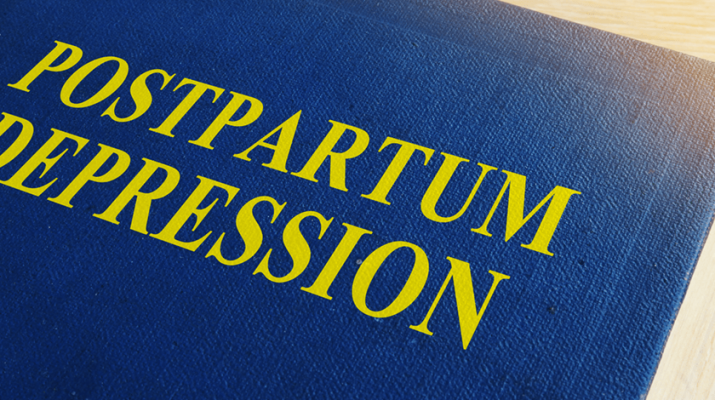By Deborah Jeanne Sergeant
Social media portrays bringing home a new baby as a magical time of cuddles, snuggles and adorable baby photo ops.
While some of that is true, it’s also messy, exhausting and life-changing.
The changes that take place in a woman’s body, schedule and life can contribute to risk of post-partum depression, especially but not limited to women who are already at risk for depression.
No woman is to blame for developing post-partum depression. The hormonal changes inherent to pregnancy can trigger it unexpectedly; however, some controllable factors can help lower the risk for many women.
Breastfeeding the baby can help moms reduce risk for post-partum depression, according to Christine Kowaleski, a nurse practitioner who specializes in reproductive psychiatry and is a member of the faculty of the Pomeroy College of Nursing at Crouse Hospital.
In the initial hours after breastfeeding, a mom’s body releases oxytocin, a hormone that causes the uterus to begin returning to its normal size. This helps control post-partum bleeding and kicks off the mom’s recovery. Oxytocin is also a “feel good” hormone.
Breastfeeding doesn’t always go easily. For some moms, breastfeeding is painful and difficult. They may struggle with milk supply, helping baby latch on, or the right way to hold the baby. Moms with premature babies may not be able to nurse for weeks and must pump breast milk, which can be challenging for building the volume.
For many women who struggle, more breastfeeding support and education can help them nurse. Post-partum doulas or lactation consultants provide these services.
“Mothers need sleep,” Kowaleski said. “If I could inject everyone with three nights’ sleep, I could put myself out of business, which would be great.”
Creating a birth plan ahead of time may help create a more positive birthing experience. Cathy Berry, an OB-GYN in private practice and co-chairwoman of the OB safety committee at Crouse Hospital, recommends establishing a good support system such as childcare services and help at home. Steps like these can help moms feel more in control at a time when many things in their lives are changing.
“A fair amount of people with pre-existing anxiety disorders for a number of reasons — such as lack of support or weaning off their medication — have issues that are amplified through pregnancy and after,” Berry said.
She said that talking with a health care provider and joining support groups can help.
Berry added that some new moms turn to substances as a coping mechanism, such as recreational marijuana; however, “that is potentially bad for the brain development of the baby. If you have issues with any narcotic, get those things under control before you think about a pregnancy.”
Gaining too much weight during pregnancy can contribute to health issues and not losing it after the birth can discourage many new moms. Berry said that exercise can help both with weight loss and elevating mood.
After delivery, many women experience stress incontinence because of the stress of delivery and the additional weight of pregnancy stressing the pelvic floor. Working with a physical therapist specializing in incontinence and performing Kegal exercises at home can help mitigate the effect.
“Make sure your pelvic floor is back to normal before thinking of another pregnancy,” Berry said. “It can prevent urinary stress incontinence at 45 or 50 if we deal with it shortly post-partum.”

